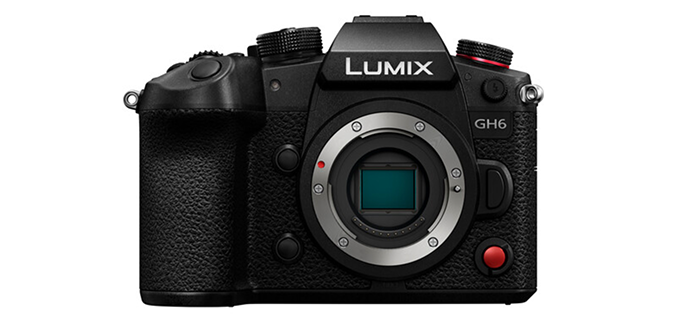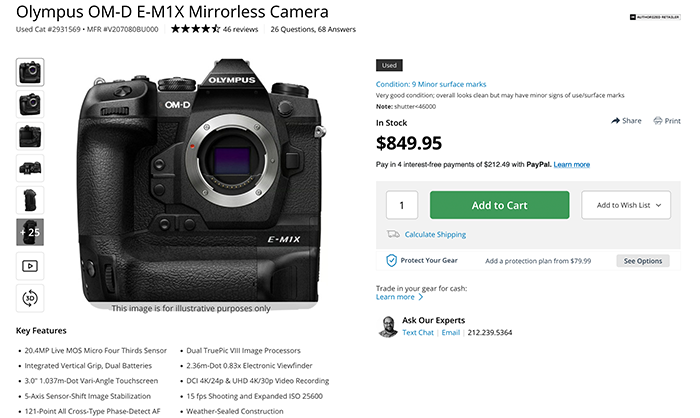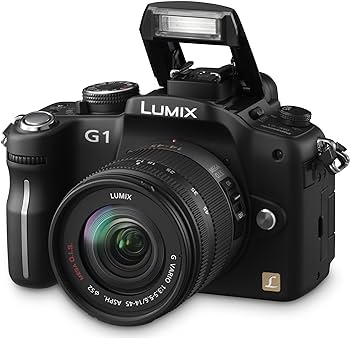Panasonic claims the G1 was the most important camera they launched
Launched 15 years ago the Lumix G1 was the first mirrorless camera
Dpreview had a chat with all major manufacturers and asked them about their most important products in the past 25 years.
Panasonic:
Lumix DMC-G1: It was the first camera of its kind. Fifteen years ago, no professional photographer used mirrorless, but now almost all professional photographers use mirrorless.
OM System:
Olympus Camedia C-2000 Zoom: The change from film to digital left a big impression for me.
Nikon:
Nikon Z9: Because it’s a landmark in technology, pointing to the capabilities made possible by its parallel readout sensor.
Fujifilm:
Finepix X100: That was the first camera when we stepped up from selling point-and-shoot, entry-level compact cameras. This was our first attempt to do that, using the APS-C-sized sensor. X100 was a huge success, which gave us confidence. We wouldn’t be here if we didn’t have the X100,” he says Fujifilm’s “If that failed, we would have been in a very difficult position.”
Sony:
Sony RX1: The [Cyber-shot DSC-] RX1 is the beginning of our photography culture. Before that, we had launched RX100 series but still inside the world of Cyber-shot, kind of. RX1 is definitely a different world compared with our previous circumstances. That was a very memorable development period.”
Sony G Master lenses: From these G Master lenses, our technology improvement accelerated and our customers also changed. Customers rated our product highly and that’s become a very big motivation for our designers and our engineers. This generated a very positive momentum from this point onward.
Tamron:
Tamron 28-75mm F2.8 Di III RXD: That was a new concept because it was a fast lens, but we changed the focal length from 24mm to 28mm, and users accepted this concept. We knew that if we had a unique concept and we could let users know what that concept was, then people would understand. After that, we started to change, and we started developing unique lenses.”
Sigma:
Sigma 35mm F1.4 Art: If we’d failed with the launch of the 35mm F1.4, Sigma may not have survived until today. It was very fortunate that the customer received it very well and we could survive in the industry.
Sigma 18-35mm F1.8 Art: After we launched the lens, we realized that videographers and cinematographers really loved that lens. So with the introduction of this lens, we started getting interested in joining the cine lens business, so I love these two lenses.
Canon:
Canon EOS Digital Rebel: It played a very important role in shifting [the market] from film to the digital DSLR,” says Go Tokura: “Since 2003, Canon has sold more than 1 million of them.
–
What do you think about this list? I do agree the G1 was a real game changer!




